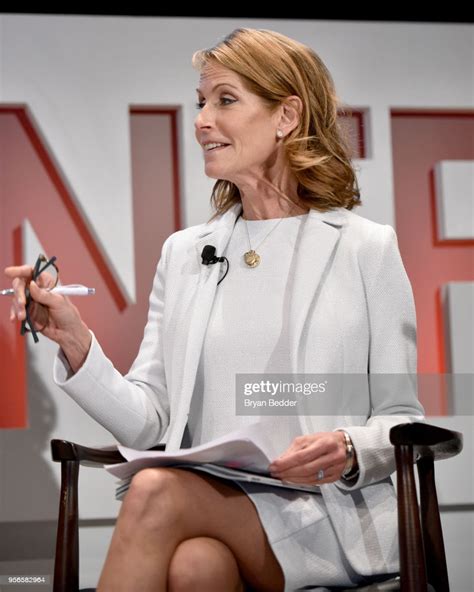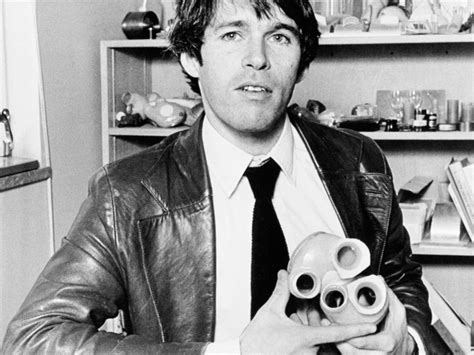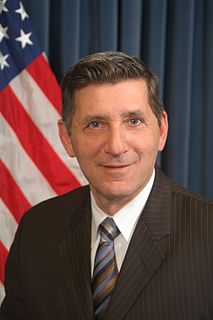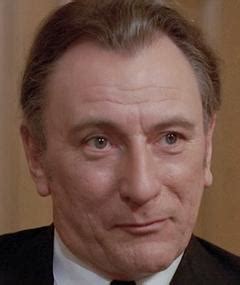A Quote by Perri Peltz
In 1999, Purdue Pharma the maker of OxyContin went on a massive marketing campaign. Back then, prescription opioids were only used in extreme cases - post surgery, end of life care, cancer pain. We use a clip from an ad in the film where they had a doctor saying, "Less than 1 percent of people who use prescription opioid long-term will become addicted" - that changed the mindset of physicians across the country.
Quote Topics
Related Quotes
We did decide that every addict in this film, Warning: This Drug May Kill You, would be someone who started out with a prescription for an opioid from a doctor. The story that hadn't been told is that the vast majority - somewhere around 80 percent - of current heroin users began with an addiction to prescription opioids. So as much as people might want to look at this and say, 'Oh this is really a heroin problem,' yes, it is a heroin problem, and no one is saying differently, but it starts more often than not with a prescription.
I really do think for the vast majority of cases, doctors didn't think they were doing anything wrong - they were doing what was being recommended at the time, and many times people were able to take these prescription opioids and not have a problem with it. But what we do know is that if we take these drugs long-term, dependency develops quickly, within as little as a week. What we all have to realize is that these pills are chemical cousins of heroin - one is an illegal opioid and one is legal, but they are relatives.
Women should use pain medication only as directed and talk with their doctor about all drugs they're taking, including over-the-counter medications. Store prescription drugs in a secure place and properly dispose of them as soon as treatment is over. And never share prescription drugs with anyone else.
The similarities between street drug abuse and psychotropic prescription drug use are disturbing. Both types are toxic. Both can cause psychosis, damage the brain and other organs, and even cause death. And neither type of mind-altering drugs, legal or illegal, treats disease. It's important to recognize that the only significant difference between many prescription psychotropic drugs and street drugs such as "speed" and "downers" is that prescription drugs are legal.
We pay so much more for the same pill, prescription drugs than other countries. You go to Canada - people go to Canada to buy prescriptions. So we're subsidizing the world in terms of prescription drugs. It's ridiculous. And it's going to stop. The problem I have is these companies give so much - I mean the contributions are massive, just massive, the amount. But we do have - there are a lot of good people that are seeing what's going on. And I think we'll be successful in that. Next week, I'm going to declaring an emergency, national emergency on drugs.
Dealing with adversity is like preparing for surgery. By putting our faith in what the doctor has said, we believe we will be better off if we have the surgery. But that does not make it any less painful. By submitting to the hand of a surgeon, we are saying that our ultimate goal is health, even at the cost of pain. Adversity is the same way. It is a means to an end. It is God's tool for the advancement of our spiritual lives.
We are having a public health response to this epidemic of prescription opioids. We are looking at treatment options, there are drugs being made available for treatments, and we aren't just throwing people in prison. So this is a very different response than the traditional criminal justice response that we have had to past drug epidemics.




























